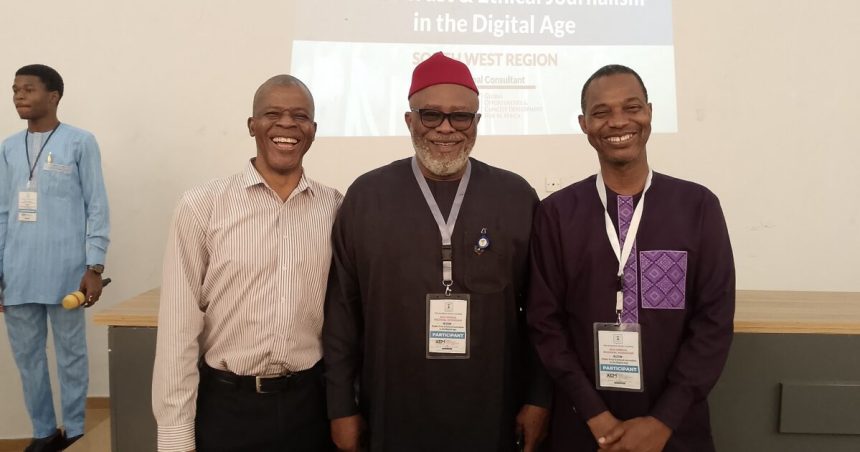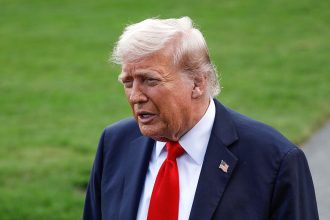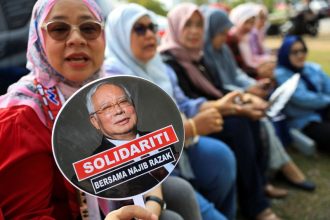The Nigerian Press Council has identified financial inducements as a major factor fuelling the spread of fake news and misinformation across the country.
Executive Secretary of the council, Dr. Dili Ezughah, speaking in Lagos on Thursday at the annual regional workshop themed “Public Trust and Ethical Journalism in the Digital Age,” said many individuals and organisations resort to fabricating or sensationalising information primarily for profit.
According to him, just as some people embrace criminality in pursuit of money, others deliberately publish misleading stories to attract clicks, traffic, and financial gain. He stressed that citizens must be taught to resist such manipulations through sustained media literacy and education.
Ezughah said, “Fake news thrives because of money, just the same way people resort to criminality for money. That is why we need sustained education. Nigerians must understand that not everything they see, read, or hear is factual. It must be double-checked.”
He added that many misleading publications were also politically, religiously, or ethnically motivated, but insisted that financial interests remained at the core of the menace.
The NPC boss maintained that journalists must uphold professionalism and ethics to restore public trust in the media, even as impostors and quacks continue to pose as journalists in the digital space.
Also addressing participants, Prof. Olunifesi Suraj of the Department of Mass Communication, University of Lagos, called for the establishment of fact-checking desks in newsrooms to strengthen credibility.
Delivering a lecture on “Embracing Fact-Checking to Enhance Public Trust,” he argued that newspapers had a duty to verify political claims and hold public officials accountable.
Suraj warned that journalism loses relevance when reporters rely on top-down reporting and distance themselves from communities.
He further faulted the widespread use of the phrase “citizen journalism,” noting that it blurred the lines between trained professionals and bloggers or influencers. “Owning journalism tools does not make one a journalist,” he said.
Similarly, Consulting Editor of Business Hallmark, Mr. Richard Mammah, speaking on “Media as a Mass Educator,” urged journalists to embrace technology responsibly while remaining ethical, versatile, and people-focused in the digital age.
The workshop brought together journalists, communication scholars, and students, with participants agreeing that financial desperation and unchecked commercialisation of the press continue to threaten ethical standards and public trust in Nigerian journalism.









